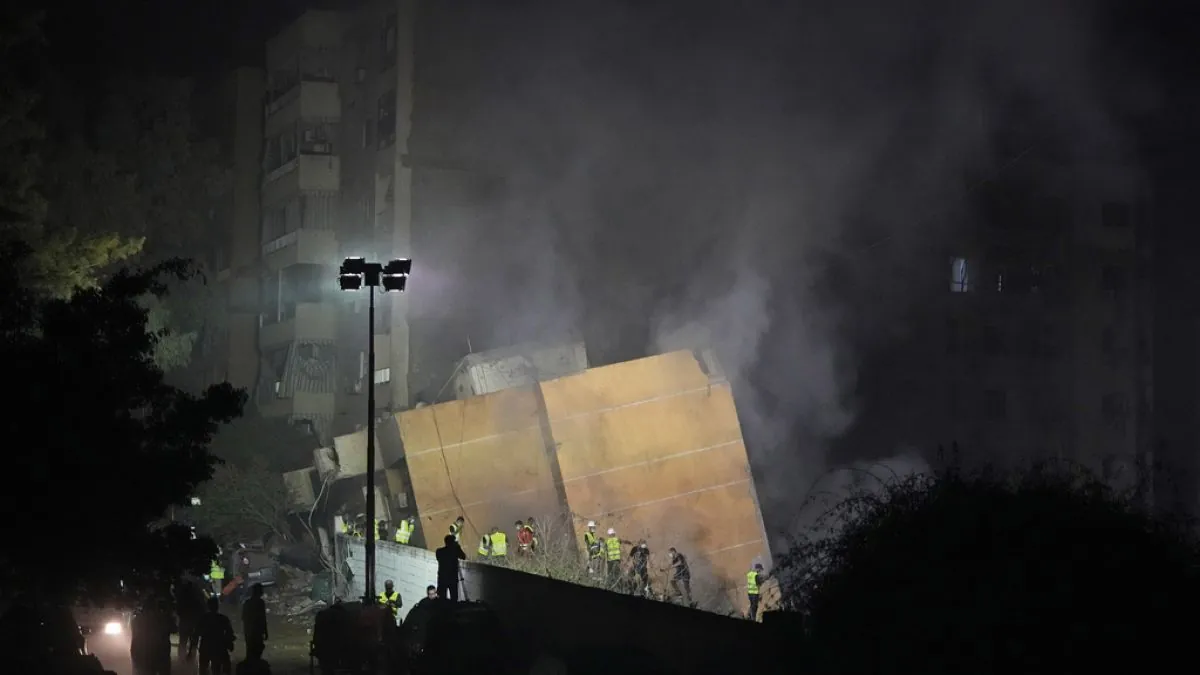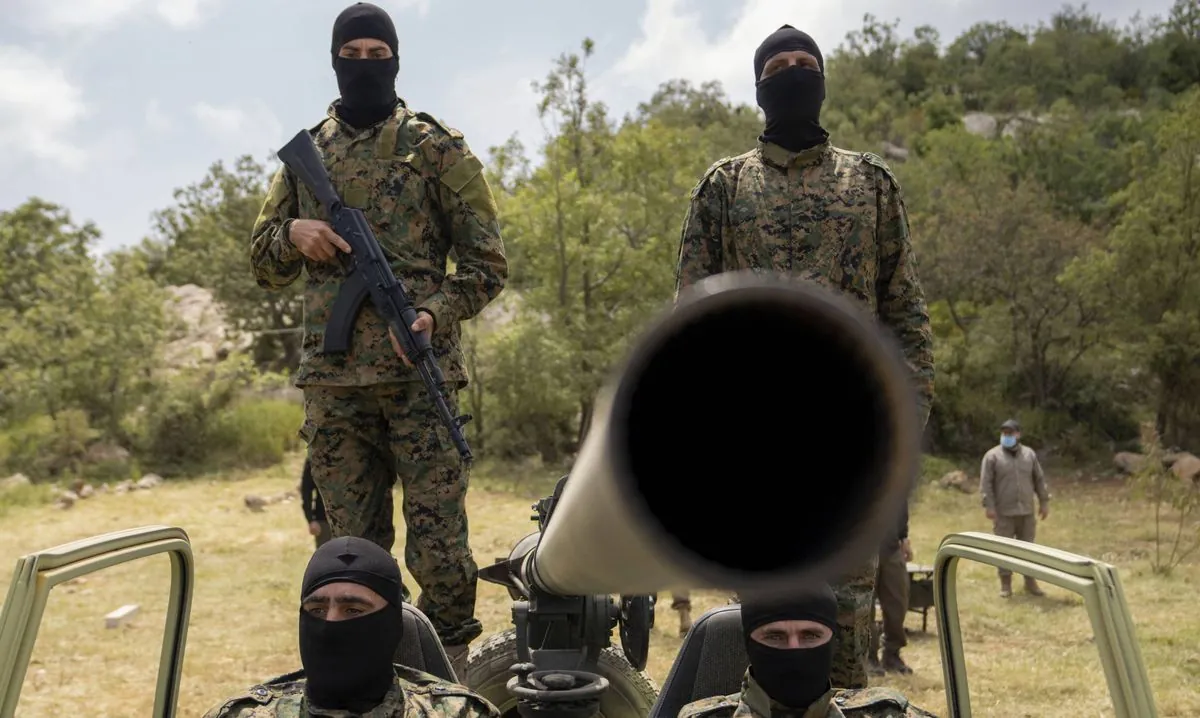Israeli Strike on Hezbollah HQ Escalates Tensions with Iran
Israel targets Hezbollah's central headquarters in Beirut, allegedly aiming for its leader. Iran condemns the attack as a war crime, warning of serious consequences for crossing red lines.

On September 29, 2024, Israel conducted a strike on the central headquarters of Hezbollah in Beirut's southern suburbs, significantly escalating tensions in the region. Hezbollah, founded in 1985 during the Lebanese Civil War, has long been a major point of contention between Israel and Iran.
A high-ranking Israeli official disclosed that the operation's primary target was Sayyed Hassan Nasrallah, who has led Hezbollah since 1992. However, a source close to the organization reported that Nasrallah remains unharmed. The attack has prompted Iran to verify Nasrallah's status, highlighting the close ties between Tehran and the Lebanon-based group.
Ali Larijani, a senior adviser to Iran's Supreme Leader, issued a stern warning to Israel, stating that the situation was becoming critical due to the crossing of Tehran's red lines. Larijani emphasized that assassinations would not resolve Israel's concerns, asserting that new leaders would emerge to replace those targeted.

Iran's President Masoud Pezeshkian strongly denounced the attack, labeling it an "undeniable war crime" and an example of "state terrorism" by Israel. This rhetoric underscores the deep-rooted animosity between Iran and Israel, with Hezbollah often serving as a proxy in their ongoing conflict.
Hezbollah, considered a terrorist organization by several countries, has been a significant force in Lebanon since its inception. The group has developed a sophisticated military wing with an estimated tens of thousands of fighters and a complex arsenal of rockets and missiles. Beyond its military capabilities, Hezbollah has established a strong political presence in Lebanon, participating in elections and providing various social services.
The organization's influence extends beyond Lebanon's borders. Hezbollah has been involved in multiple conflicts with Israel, including the 2006 Lebanon War, and has played a role in the Syrian Civil War, supporting the Assad regime. The group's activities have led to numerous international sanctions and accusations of involvement in global terrorism and drug trafficking.
As tensions continue to rise, the international community watches closely. The strike on Hezbollah's headquarters not only threatens to destabilize Lebanon but also risks drawing Iran and Israel into a more direct confrontation. The coming days will be crucial in determining whether this incident leads to further escalation or if diplomatic efforts can prevent a wider conflict in the already volatile Middle East region.
"A clear and undeniable war crime that revealed once again the nature of state terrorism of the Zionist regime (Israel)"
This latest development underscores the complex web of alliances and conflicts in the Middle East, with Hezbollah at the center of ongoing tensions between Israel and Iran. As the situation unfolds, the international community remains on high alert, cognizant of the potential for further escalation in this long-standing regional conflict.


































